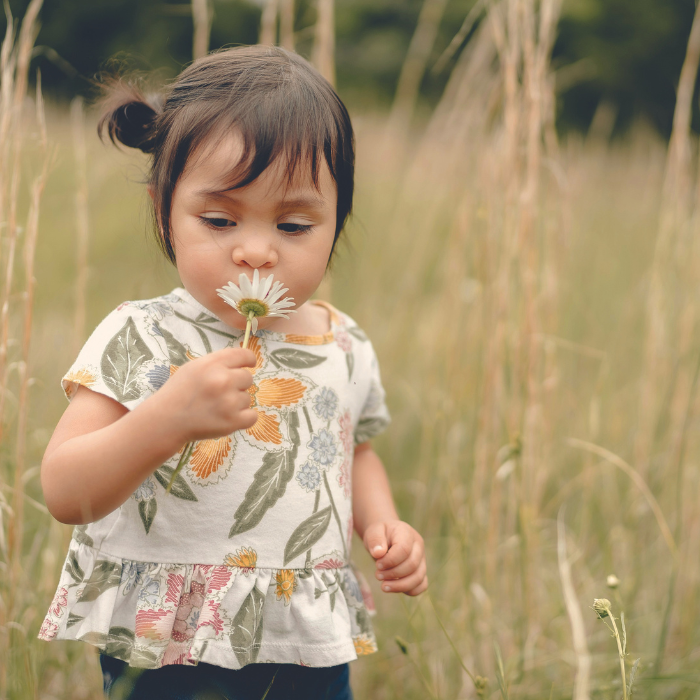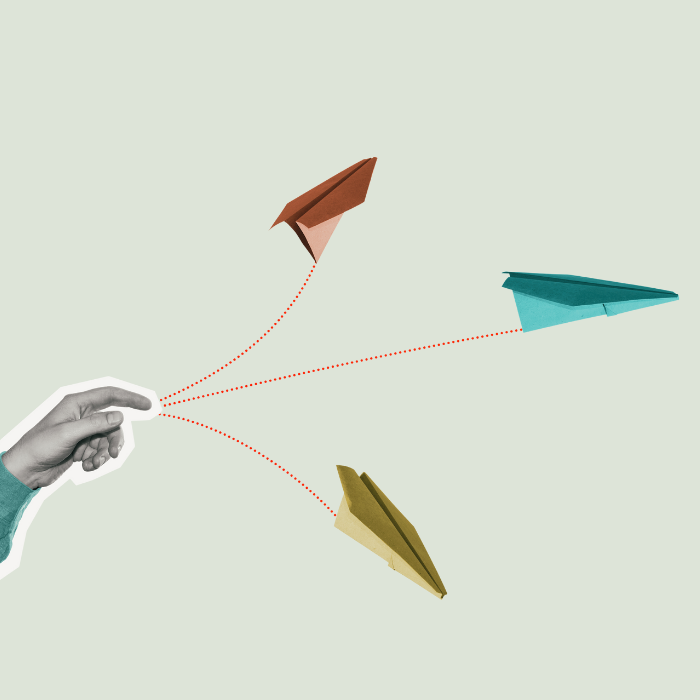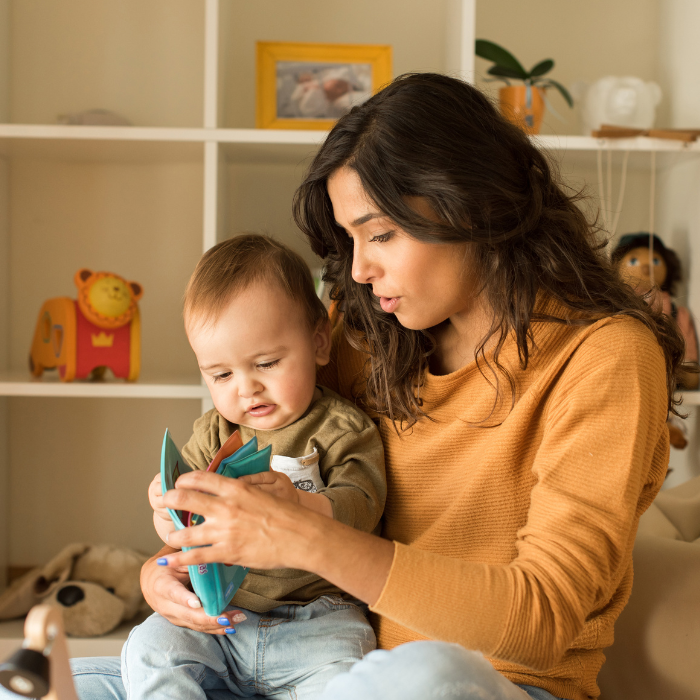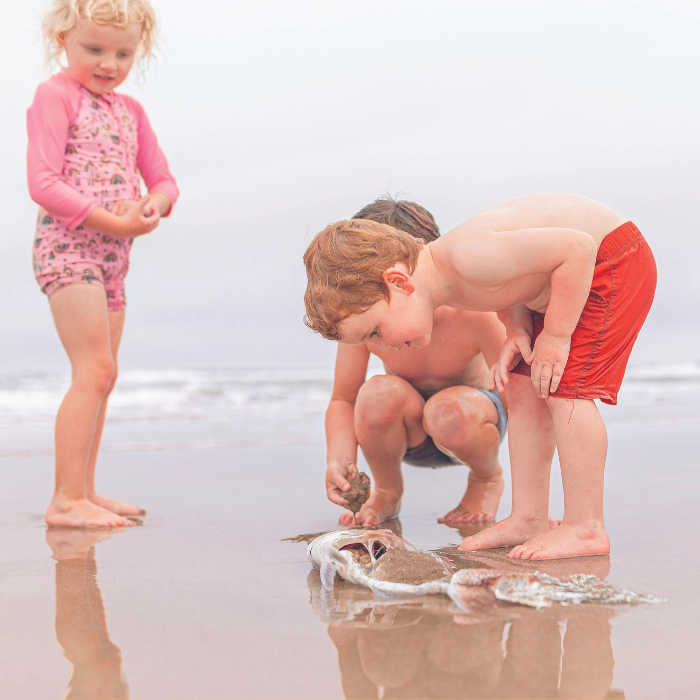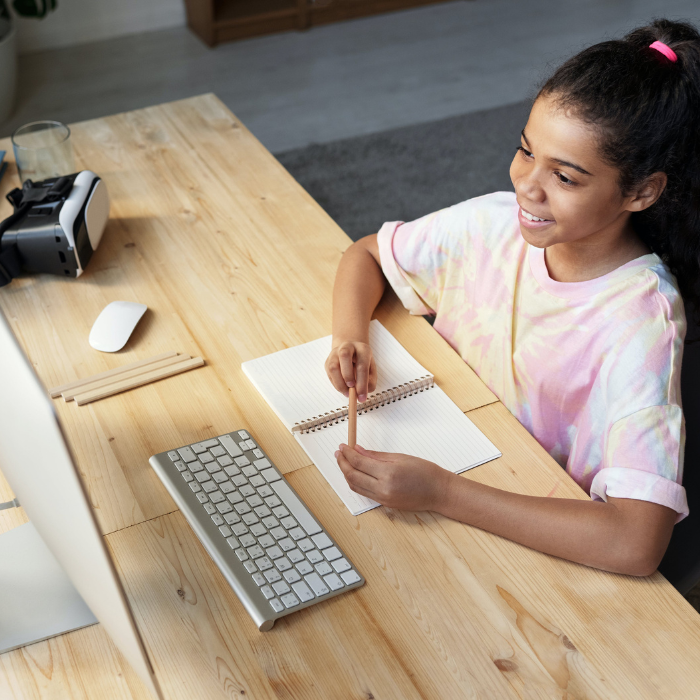
Knights and princesses, disasters and dinosaurs! History has a treasure trove of exciting discoveries for kids.
History would have to be one of the most worthwhile and enjoyable topics to share with children. Spanning natural history, family geneologies, scientific discoveries and ancient wonders, there is a topic to interest everyone, and endless opportunities for adventure and learning.
history block
In fact, there are so many topics to explore that it can be difficult deciding where to begin. That’s when I find the saying ‘go with what you know’ helpful. Your family history is a great place to start. Was there anything you did as a child that you can pass on? My father brought out a fantastic suitcase for my girls a few weeks ago.
It was filled with comics, a few old toys, things he had made as a boy in school, a book with a secret cut out in the middle (that was a hit with my spy-obsessed 5-year-old!), a pair of suspenders and other odd bits. Perhaps you have an old stamp collection, old coins, childhood books, or an old toy to have a conversation about?
Then move on to your town or city. Is it famous for anything? Who used to live here? What was it like 100 years ago? There are some fantastic Scholastic chapter books in the ‘My Story’ series that could help set the scene (suitable for readers age 8 and above). They are told from the perspective of a child and range from Victorian child labour to Queen Elizabeth; from the pyramids of Egypt to Viking raiders. There is now a series of
Scholastic ‘My Story’ novels specific to NZ, which include the Wahine disaster and women getting the vote.
Try it: Drag out some relics from your childhood and set the time-travelling scene. Make a time line and draw pictures or write notes alongside as you find out about various eras. See how many eras you can explore.
the history of my ipad
Remember it’s not just people that have a history; things do too. The origins of objects was always a favourite topic in my classes, especially for the boys. The weirder the better really. Failed inventions, paperclips, first attempts to fly … and then, of course, the gross histories – medical science, the dark ages, toilets, or even better, toilets in the dark ages. Some of these things they will cover in school, but having a family project around a topic can be lots of fun. Everyone can contribute, siblings can have a common goal (helping to reduce competitiveness and arguments), and at home you can focus on your own family’s interests and learn about what you enjoy. Because all families are busy, a project could be spread out over a month or two so the topic can be explored in depth. I found many children felt rushed at school; when they found something they enjoyed, they were keen to spend longer on it. Kids love to re-visit a topic over and over again. They want to build a huge castle with all the details and not have to pull it down in between weekends. As parents, we can give our children a simple but powerful thing that school usually can’t: time to play and explore.
If your child is mad on all things techno, try looking into the history of robotics at www.sciencekids.co.nz/facts/technology/historyofrobotics.
(And a wee history titbit for those parents who are techno-mad: apparently a robot duck that flapped, craned its neck, and even swallowed food, was one of the first robots, made in 1700.)
Try it: Pick a topic that your children really enjoy. Trains, spies, princesses, robots? Over a few weeks make some time to help them find some books from the library, search online or go to a museum for information. Decide on a project as a family. It might be designing a robot; building castles and trains out of large boxes or even something more advanced; or setting up the lounge for a medieval feast that you cook together. For more project ideas, try the hands-on history section at www.bbc.co.uk/history/forkids.
history in the making
When we think of historical topics, it is often old kings and medieval battles that come to mind first, but sometimes history is not so distant. Right now, with the earthquake rebuilds, we are living in a huge historical moment for NZ. If you haven’t already, perhaps it would be a good time to think of a way to record it with your children so they can share it with their own kids. It may be a progressive project with photos, newspaper and magazine cuttings and diary entries; or even your own family time capsule. Older children could put together a documentary about building a new city (free movie making and editing programmes are available online). Younger children could create a scrapbook page or draw pictures of how they would rebuild Christchurch.
(If you think your child will get upset talking about earthquakes, try to focus them instead on the exciting possibilities of building a new city and imagining what it might be like in the future.)
secret identity
I saw a comedy once where the main character was asked repeatedly: “Who are you?” He listed off his job, interests, roles, and hobbies, to which they replied: “That’s what you do, but who are you?” We have all asked ourselves “Who am I?” at some point in our lives and it is an important question for parents to keep in mind too. (Now bear with me, there is a link to history I promise.) History shapes who we are and how we see the world. As parents, we can prepare our children for their identity-searching by teaching them about where they come from: the history of their culture, country, religion, and family. The story of people who came before them helps them to understand where they fit in and who they are. Linking your child’s behaviour to someone important in history also helps with identity (for example, ‘You thought up a great idea there, just like John Britten and his world-record motorbike.”).
Try it: Choose a particularly interesting hero that you think your child would relate to. Read a book about them to your child or just have a chat. Then, over the next few weeks, try to notice your child doing something that you can link to that famous person and tell your child: “When you were helping your brother just then, you were just like …. What a hero.”
Kelly Eden-Calcott is a freelance writer and at home mum of three lovely girls. She is a trained primary school teacher, and is currently writing her first novel.



